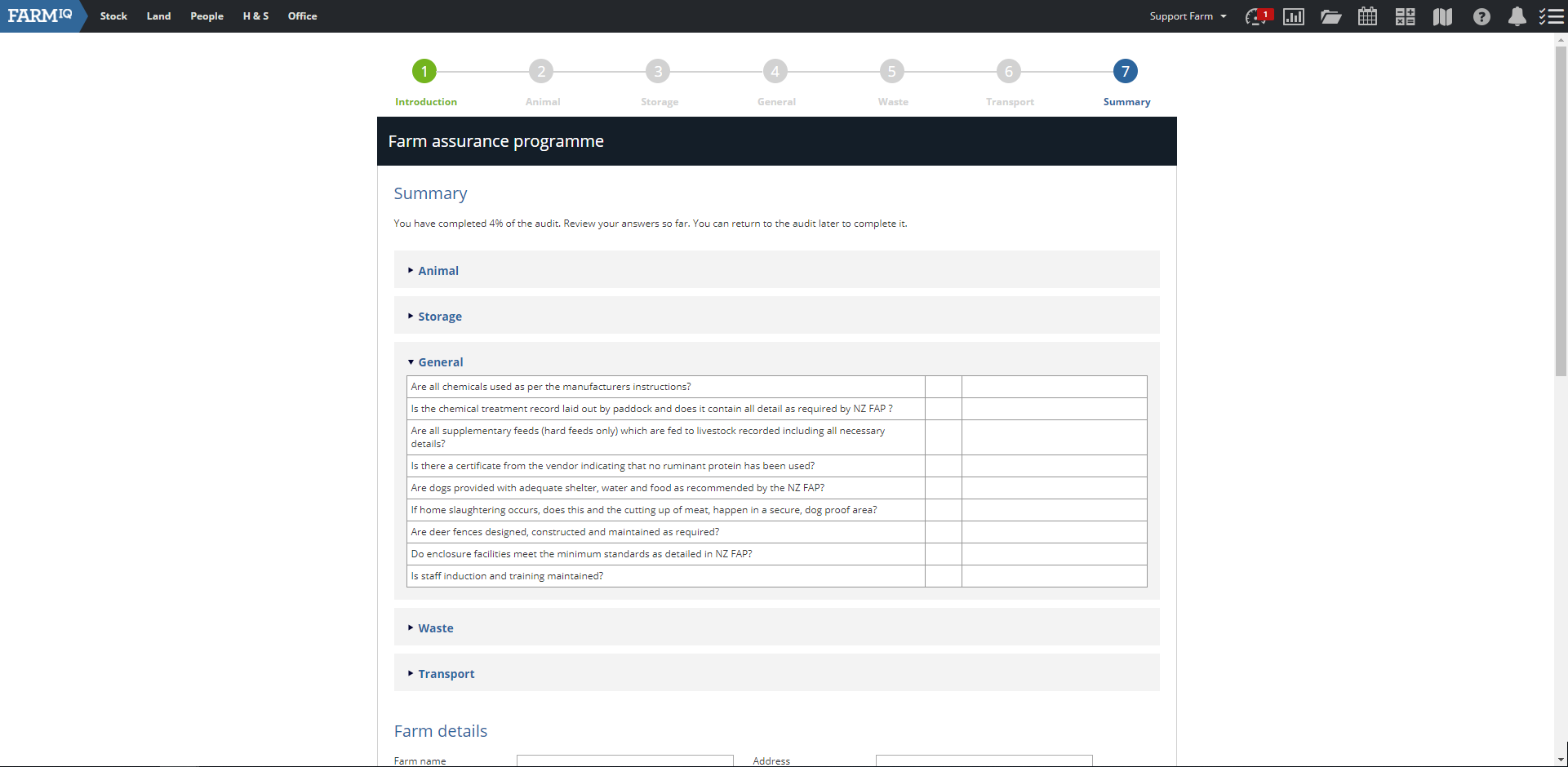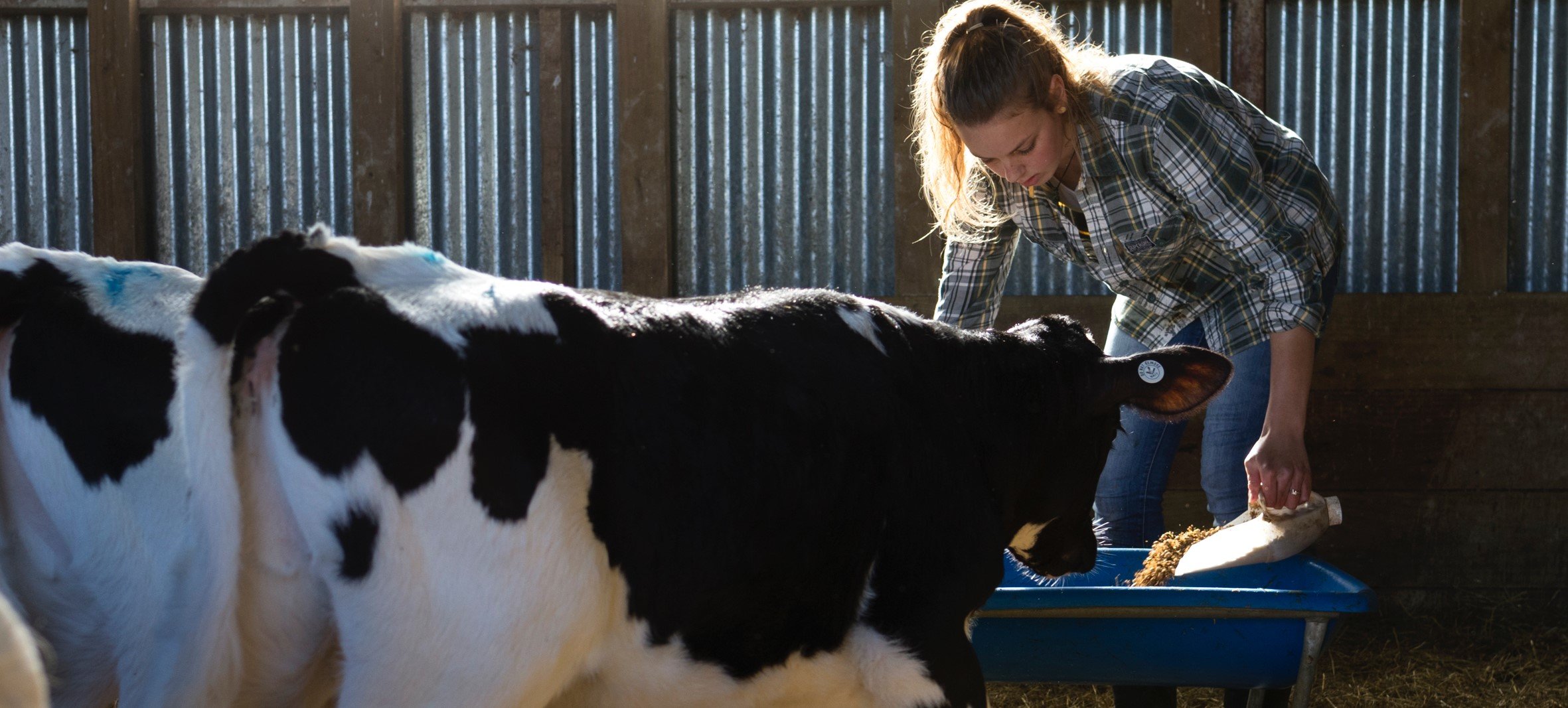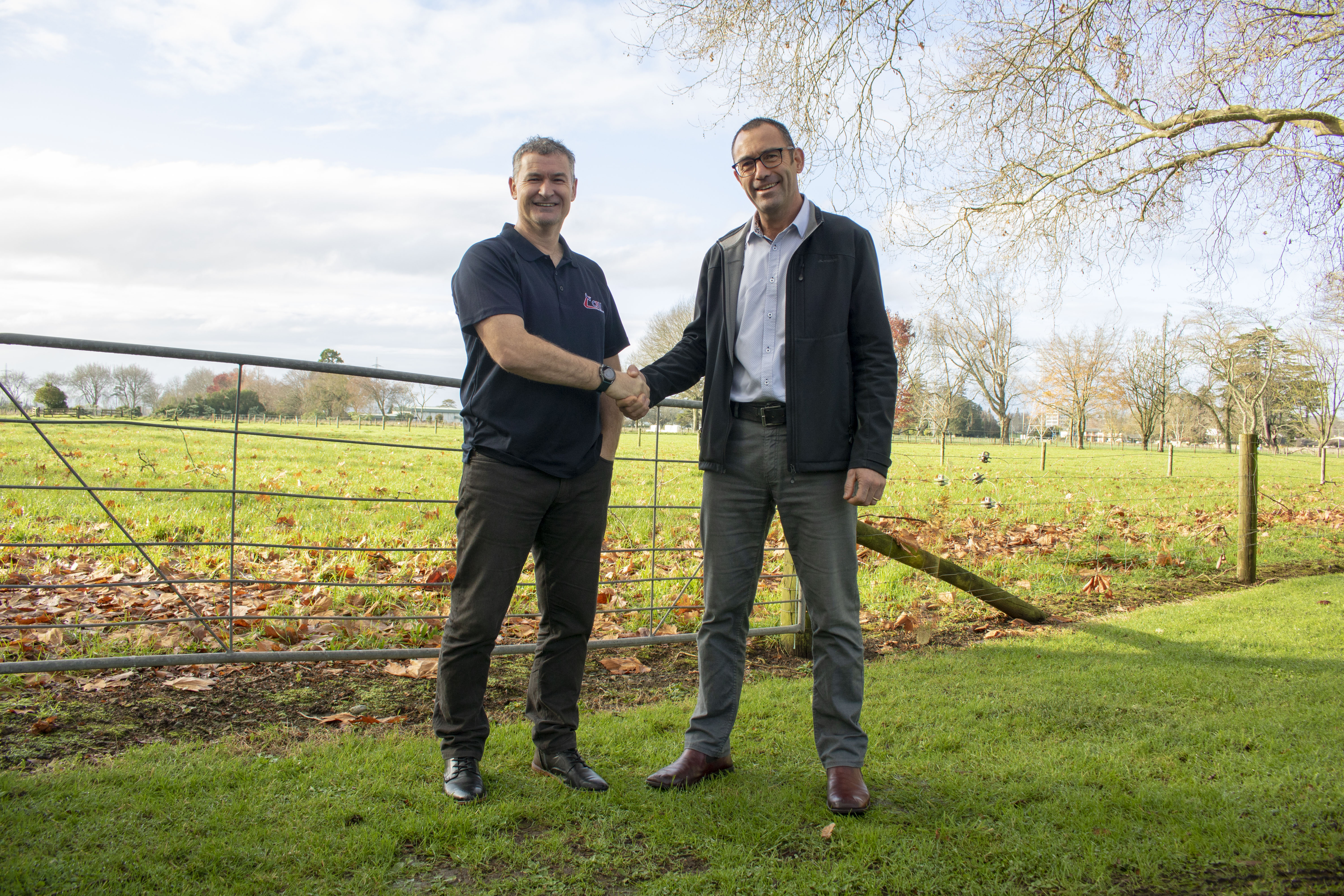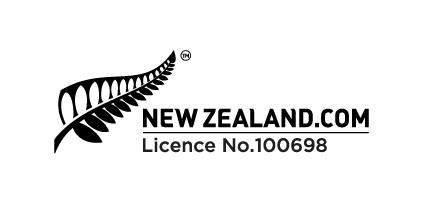

For Shaun Neeley, overseeing operations on nine Southland dairy units running 6000 cows calls for a wide net to gather all the data those farms generate, and one that captures it simply, to present in an easy to understand form.
He took on the role as Aquila’s general manager as the corporate operation started a transition to organic dairying, and was also moving from contract milkers to managers on its units.
“It was a tighter management structure and I knew with that I needed access to real time data for operational decision making, and for benchmarking performance.”
With a corporate farming background he was well aware of the potential to create a bespoke “Aquila” system to do the job, but also aware of the significant time and investment that was going to involve.
After discussion with staff at FarmIQ two years ago Shaun realised the software system was not far off achieving what he needed at Aquila.
FarmIQ’s ‘agnostic’ information platform was capable of accepting data inputs from multiple sources, regardless of the brand of equipment harvesting it.
“We had a couple of specific KPIs we wanted to have included. They were milk solids per cow per day and a daily stock number report.”
For Shaun the daily real time data on milk solids production was particularly important, providing a quick feedback loop between the leadership team and the managers about possible emerging issues over feed quality and quantity, before it then started to reflect in lower cow Body Condition Score (BCS) and negatively impact productivity.
“Being organic, BCS is critical, it is a buffer for us given we do not have the luxury of simply adding non-certified supplement into the system. We are trying to maintain BCS and that is why tools like once a day milking are options we use to help achieve that.
“This is about having a system that is proactive. FarmIQ is about giving managers the information, and for us to give them the tools to act on what that information is telling them.”
Shaun also uses the daily milk production figures as a point of engagement with his staff, and one that is helping them adapt quickly to inputting more data into the FarmIQ platform.
Aquila is gradually rolling all its data needs under the FarmIQ platform.
Starting with stock numbers, milk production and pasture measurement, the company is moving to include health and safety under the Farmland’s initiative, and staff time sheets.
The aim is to make loading data as seamless as possible – for example Sean is trialling LIC’s Space pasture measurement system, with weekly dry matter satellite calculations to be downloaded directly into the software system.
Similarly, GPS satellite technology is also being trialed to record staff and contractor locations on the farm for health and safety purposes.
For Shaun having the staff engaged and wanting to upload data is critical. The focus has been on making that task a seamless one that becomes simply part of their daily routine, not another job at the end of it.
“The layout of FarmIQ is quite well designed, with input pages all looking similar in terms of layout.
“They use their smartphones for most of the inputting and the more you use it, the easier it is. It is literally a swipe on the FarmIQ app to shift cows from one paddock to the next.”
Within farm Wi-fi networks and good cellular connectivity mean uploads and downloads are not compromised by location or geography.
A KPI “dashboard” provides Aquila’s board of directors with the key indicators, reinforcing the quarterly data updates they also receive.
Every month Shaun runs a farm mangers’ team meeting, with the key KPI data FarmIQ gathers put up on a whiteboard for comparison. Financial benchmarks are also shared amongst the managers.
As they worked through their organic certification process at Aquila the FarmIQ data has also proved valuable for providing information to auditors, such as the mapping system indicating what crops have been grown where across the farm enterprise.
“The auditor can pick what they want to focus on and we use FarmIQ to pull out the data they need.”
With significant corporate farming experience Shaun appreciates more than many the “one platform-all data” solution FarmIQ offers.
“A number of companies have tried before but their inability to link all information and data sources means they have failed. They tend to provide good tools but with a limited data set, which reduces the utility of the solution they are trying to develop.”
He agrees farmers’ smartphones have risked becoming cluttered with multiple apps from companies all addressing different aspects of farm data.
“A system that can pull data from multiple sources is hugely valuable.” He also appreciates the efforts FarmIQ staff have put in to work with Aquila.
“Developing new aspects can be hard, but their delivery on what we required has been good.”


